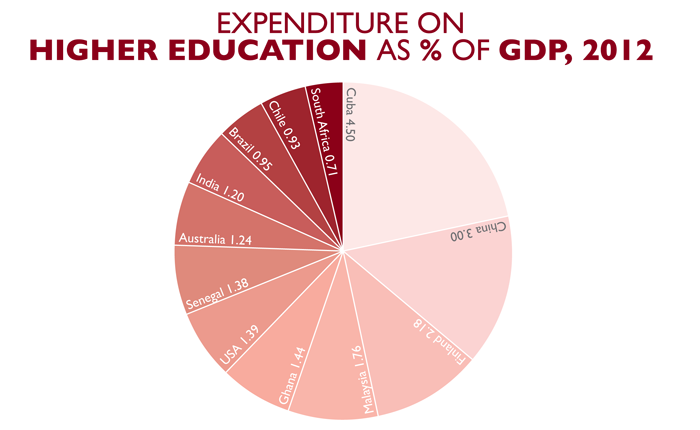
Types of Funding for Higher Education in South Africa
Introduction
Higher education plays a pivotal role in shaping the future of individuals and society as a whole. In South Africa, access to quality higher education is essential for economic growth, social development, and the advancement of knowledge. To ensure that students have the opportunity to pursue their academic aspirations, various funding mechanisms are available to support their studies. This comprehensive guide will explore the different types of funding for higher education in South Africa, providing an in-depth understanding of the options available to students.
Government Funding
1. National Student Financial Aid Scheme (NSFAS)
NSFAS is the primary government-funded student loan scheme in South Africa. It provides financial assistance to eligible students from disadvantaged backgrounds to cover tuition fees, accommodation, and living expenses. Students must meet specific academic and financial criteria to qualify for NSFAS funding.
2. Government Bursaries
Government bursaries are awarded to students who demonstrate academic excellence or who come from underrepresented groups. These bursaries typically cover the full cost of tuition and may also include additional benefits such as accommodation and living expenses.
Institutional Funding
1. University Scholarships
Universities offer scholarships to students based on academic merit, financial need, or other criteria. Scholarships may cover a portion or the full cost of tuition and may also include additional benefits such as accommodation and living expenses.
2. Bursaries from Private Organizations
Private organizations, such as corporations, foundations, and non-profit organizations, offer bursaries to students who meet specific criteria. These bursaries may cover a portion or the full cost of tuition and may also include additional benefits such as mentorship and career development opportunities.
3. Student Loans
Student loans are available from commercial banks and other financial institutions. Students must repay these loans with interest after completing their studies.
Other Funding Sources
1. Part-Time Work
Students may supplement their income by working part-time while studying. This can help cover living expenses and reduce the amount of debt they accumulate.
2. Family and Friends
Students may receive financial support from family and friends to cover tuition fees and living expenses.
3. Crowdfunding
Crowdfunding platforms allow students to raise funds from a large number of individuals. This can be a viable option for students who do not qualify for other forms of funding.
Eligibility Criteria
The eligibility criteria for different funding sources vary. Generally, students must meet the following requirements:
- Be a South African citizen or permanent resident
- Have a good academic record
- Demonstrate financial need (for government funding)
- Meet specific criteria set by the funding provider (for institutional and private funding)
Application Process
The application process for different funding sources also varies. Students should carefully review the eligibility criteria and application deadlines for each funding opportunity. Typically, students must submit an application form, provide supporting documentation, and attend an interview (if required).
Repayment Options
For government-funded student loans, students are required to repay the loan after completing their studies. The repayment period and interest rates vary depending on the loan type. For private student loans, the repayment terms are determined by the lender.
Conclusion
Access to higher education in South Africa is supported by a diverse range of funding mechanisms. Government funding, institutional funding, and other funding sources provide students with the financial assistance they need to pursue their academic goals. By understanding the different types of funding available and the eligibility criteria, students can make informed decisions about how to finance their education. With the right funding in place, students can unlock their potential and contribute to the development of South Africa and beyond.